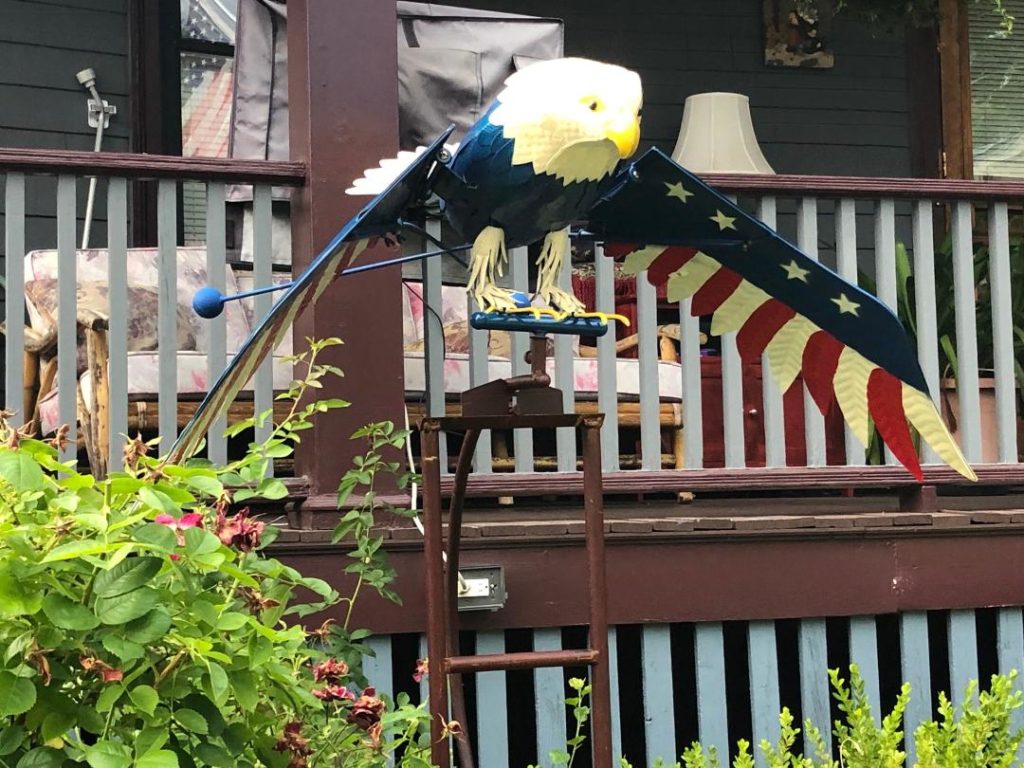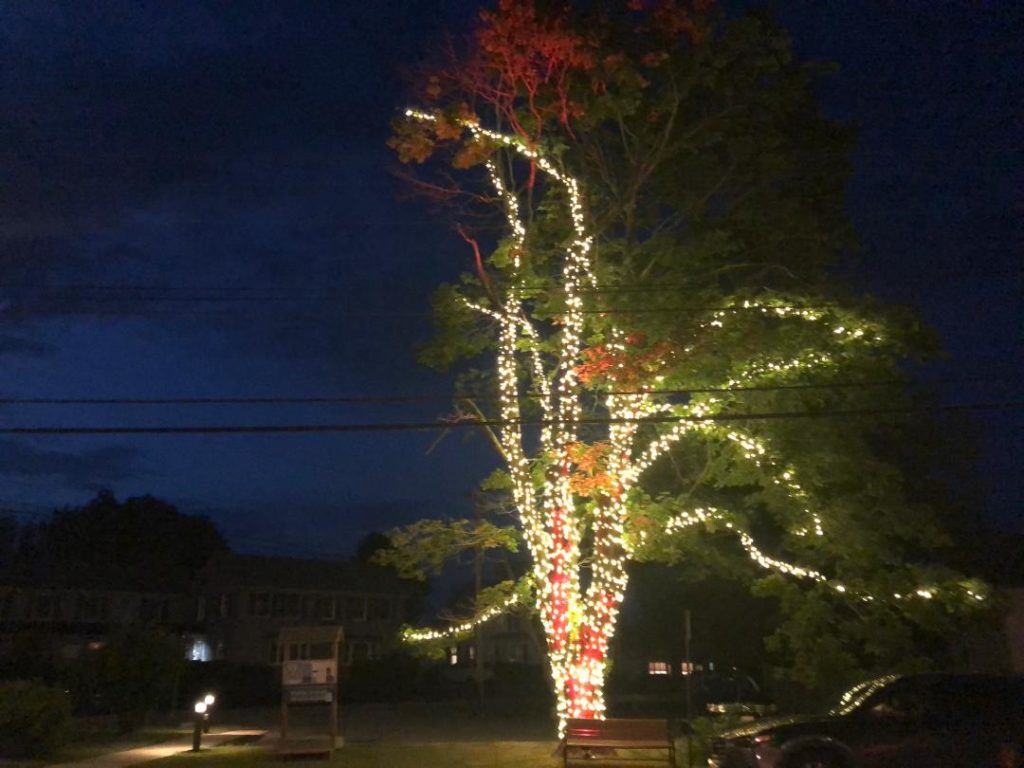by Pam Pacelli Cooper, Verissima Productions

Memories of July 4th, 2020: Masked and cautious, we went to our local supermarket to buy corn for two, a small package of hamburger, and pre-sliced watermelon. In three different houses across town, the friends we had joined for years in a celebration of the “glorious Fourth “did much the same.
It was a lonely day and evening.
July 4th, 2021. Fully vaccinated, though still masked and cautious to avoid transmitting any possible strain of COVID to anyone who might be immuno-compromised, we go to our local supermarket to purchase our contribution to the first celebration we’ve had with our friends in over a year. This time, a whole watermelon, some mint, and feta cheese.

We have almost returned to normal–but not. As I resume my activities as a volunteer tour guide for Boston by Foot, I take the train into Boston for the first time in 18 months and begin a walk down familiar streets to rehearse my tour script, my presentation skills rusty from disuse. Like Rip van Winkle, who awakened from a 20 year sleep, I recognize the general terrain, but my familiar haunts have disappeared. The Starbucks near Faneuil Hall, which bustled with life for years, is gone, the windows papered over. How long will that site remain vacant? I look through in the window of a popular restaurant I was sure would survive the pandemic to see high tops gathering dust, and chairs stacked sloppily in a corner. The tourists are returning, but slowly, and the once overflowing Duck Boats and Trolley Tours are at 25 percent capacity.
It’s disorienting and sad to see the unoccupied spaces and the missing people, but it is also a blessing of sorts. I remember that I must not take any moment for granted, assume any person, place, thing, or form of government will “always be there.” As a personal historian, I am inspired to remind myself and others how important it is to preserve the memories, before they are papered over and lost forever.

